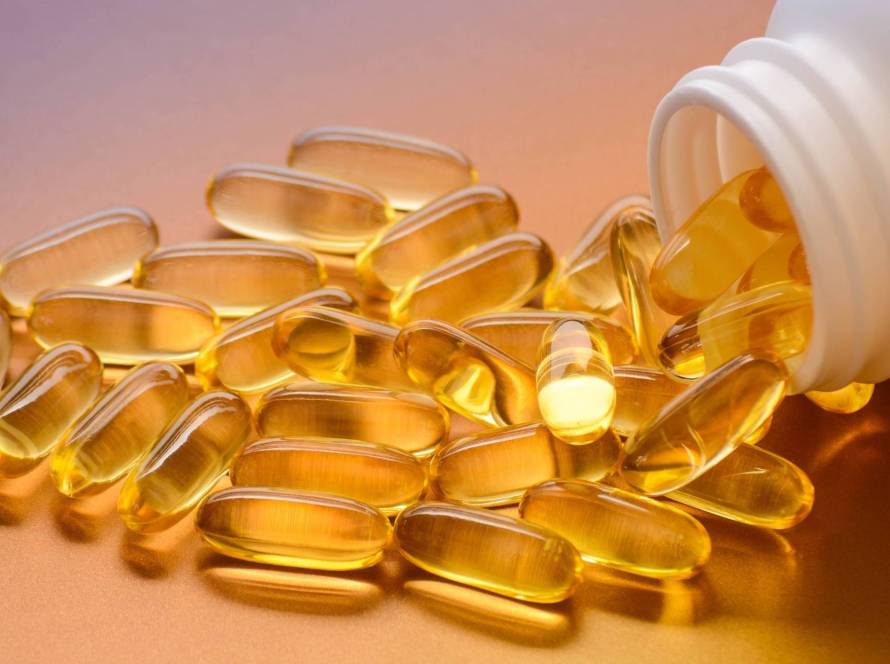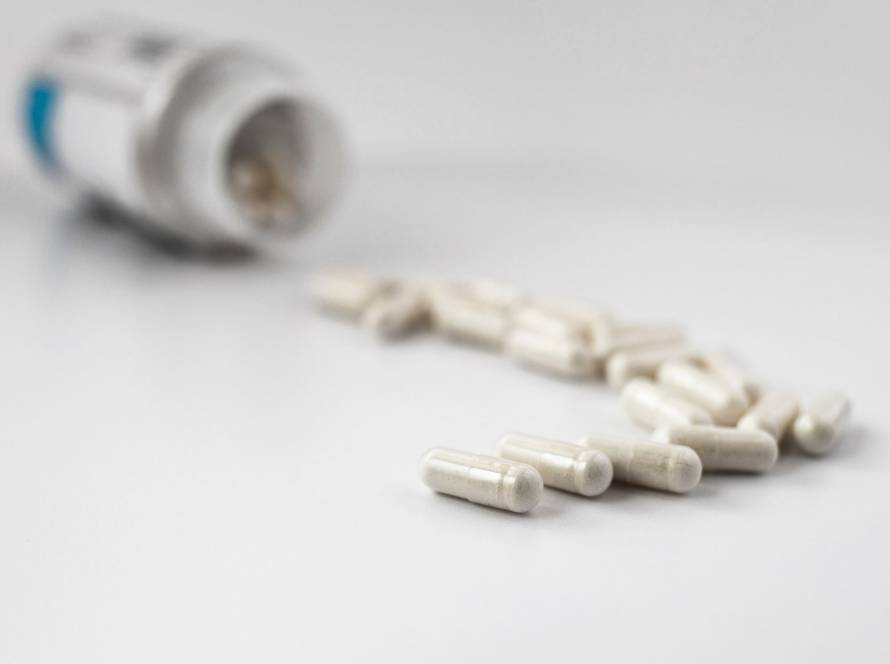By 2050, the number of people over 60 will nearly double. As we live longer, interest in supplements that may support healthy aging has grown rapidly. Two of the most talked-about compounds are resveratrol and NMN (nicotinamide mononucleotide).
So, how do you take them safely? Let’s break down what they do, how they work together, the right way to use them and what to watch out for.
Note: research is still evolving. This guide is based on current clinical and preclinical studies.
The science behind these longevity supplements
Resveratrol and NMN support longevity through different but complementary cellular mechanisms. Learning about these mechanisms helps explain why researchers have shown so much interest in these compounds.
Resveratrol
A natural polyphenol found in grapes, berries and peanuts. It’s known for activating sirtuins (especially SIRT1), proteins linked to DNA repair, metabolism and stress response. It also supports mitochondrial function – the “power plants” of your cells.
NMN
A direct precursor to NAD⁺, the molecule your cells need to make energy and repair DNA. NAD⁺ naturally declines with age, sometimes to half the youthful levels. NMN helps restore that supply.
👉 Think of it like this: NMN refuels the tank (NAD⁺) and resveratrol presses the accelerator (sirtuins
NMN seems to work better as you age. Research shows that older mice respond better to NMN supplements than younger ones. This suggests NMN could help especially well with age related NAD+ decline.
How they work together
On their own, each has benefits. Together, they may amplify each other. Studies show their combination boosts NAD+ levels in heart tissue by 1.59 fold and in skeletal muscle by 1.72 fold, substantially higher than NMN alone. But there’s more:
- DNA repair: NMN boosts NAD⁺, while resveratrol activates sirtuins that use NAD⁺ to fix DNA;
- Mitochondria: NMN improves energy metabolism; resveratrol helps create new mitochondria;
- Antioxidant defense: resveratrol neutralizes free radicals and NMN helps generate NADPH, fueling the body’s antioxidant systems;
- Metabolism: resveratrol activates AMPK (an energy sensor), while NMN supports glucose handling through NAD⁺ pathways.
Animal studies suggest the combo raises NAD⁺ in muscle and heart tissue more than NMN alone. Human data is promising but still limited.
Finding the right dosage
The right dosage of resveratrol and NMN depends on several personal factors. These supplements work together and you need to know the proper doses to get the best results.
Age based resveratrol dosage guide
Adults should take between 250mg to 1500mg of resveratrol daily. Younger adults can start with lower doses and increase them based on how their body responds.
NMN dosing recommendations
The right NMN dose varies based on your age and health. Studies show NMN supplementation at 250-900mg/day can significantly improve blood NAD concentration and prevent adult aging. Clinical trials show blood NAD+ levels rise best with 600mg daily doses. Starting with lower doses lets your body adjust to the supplement gradually.
Adjusting doses for specific health goals
Your baseline doses might need changes based on your goals. Older adults who want to fight natural NAD+ decline may need higher NMN doses. Athletes or people with higher metabolic needs might do better with doses near the upper range.
Look at these factors before changing your dose:
- Your current age and health;
- Your specific wellness goals;
- Your overall supplement routine;
- How your body responds to supplements.
Note: Research shows combining NMN with resveratrol creates better results. You might get better results using moderate doses of both supplements instead of high doses of just one.
Best times to take these supplements
NMN: morning is usually recommended, aligning with natural NAD⁺ rhythms.
Resveratrol: absorbs better with healthy fats (like olive oil, nuts or avocado). Some evidence suggests younger people may benefit from evening intake, while older adults may do better around midday — but consistency matters more than perfect timing.
Maximizing supplement absorption
The way you absorb and store resveratrol and NMN supplements substantially affects how well they work. Your body needs specific food combinations to properly absorb resveratrol because it’s fat soluble. Research shows that healthy fats boost resveratrol absorption.
Here’s what works best to improve absorption:
- Avocados (0.36 to 1.60 mg NMN per 100g);
- Olive oil or nuts for resveratrol absorption;
- Foods rich in piperine to improve bioavailability.
NMN exists naturally in many foods, but supplements provide higher doses. You’ll find 0.25 to 1.12 mg per 100g in broccoli and up to 0.9 mg per 100g in cabbage. Black pepper extract (piperine) makes an even bigger difference, it can boost blood levels by an impressive 1544%.
Quick start protocol (example)
| Supplement | Typical starting dose | Best taken | Notes |
|---|---|---|---|
| NMN | 250 mg/day | Morning | Can split dose if preferred |
| Resveratrol | 250–500 mg/day | With a meal containing fat | Add piperine for absorption |
Safety precautions and interactions
Safety should be your top priority when adding resveratrol and NMN supplements to your wellness routine. Recent clinical studies gave an explanation about risks and interactions that you just need to know about.
Who should avoid these supplements
Some people should be extra careful with these supplements. Children who are still growing, women during their menstrual cycle and people with anemia should stay away from resveratrol. This supplement can bind with essential minerals like copper and iron. Women who are pregnant or nursing must avoid taking resveratrol completely.
Resveratrol might act like estrogen, so people with hormone sensitive conditions should avoid it. These include breast cancer, uterine cancer, ovarian cancer, endometriosis or uterine fibroids. People with bleeding disorders should also be careful because of resveratrols blood thinning properties.
🚫 Avoid resveratrol if you’re pregnant, nursing or under 18. Always check with a healthcare provider if you’re on prescription meds.
Common medication interactions
Resveratrol can interact with many medications in different ways. Research shows it may affect:
- Blood thinners and anticoagulants;
- Blood pressure medications;
- Cancer treatments;
- MAOI antidepressants;
- Antiviral and antifungal medicines.
NMN has fewer direct interactions with medications. You should watch your blood pressure if you take it with blood pressure medications. Clinical trials show NMN is safe at normal doses and doesn’t cause major side effects.
Safety should come first with any new supplements. Anyone with hormone sensitive conditions, bleeding disorders or specific medications needs to check with their healthcare provider before starting these supplements.
Scientists continue to uncover new findings about these compounds. Research indicates that older adults show better responses to NMN supplementation. Using both supplements together strengthens longevity benefits through multiple cellular pathways. This research helps people make better choices about adding these promising compounds to their health routine.


